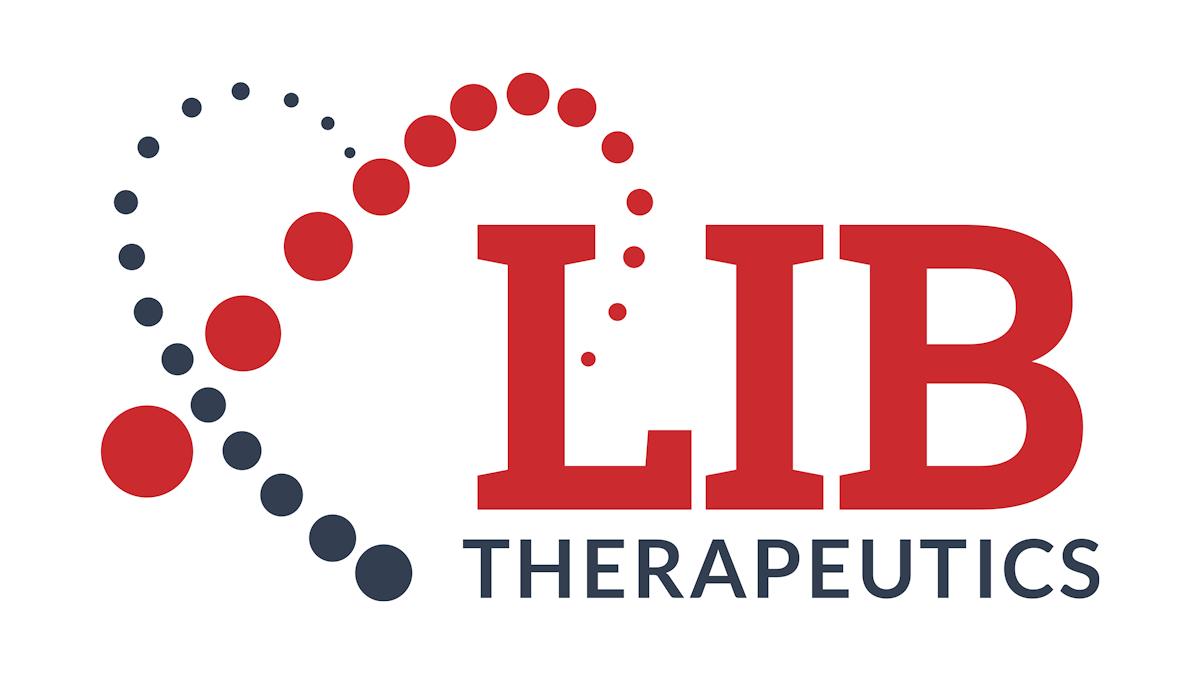MSD moves ahead in race to bring oral PCSK9 drug to market

Armed with positive results in two phase 3 trials, MSD is poised to be the first drugmaker to file for approval of an oral PCSK9 inhibitor for lowering cholesterol.
Top-line results from the CORALreef HeFH and CORALreef AddOn trials show that when added to standard treatment with statins, enlicitide decanoate (formerly MK-0616) achieved significant reductions in LDL cholesterol without adding any serious side effect issues.
The new data keeps MSD in front of other companies developing oral PCSK9 inhibitors, notably AstraZeneca, whose AZD0780 candidate recently generated positive phase 2b results and is now being advanced into phase 3.
As its name suggests, CORALreef HeFH was conducted in people with the inherited disorder heterogeneous familial hypercholesterolaemia (HeFH) who are at high risk of heart disease, comparing enlicitide to placebo on top of moderate or high intensity statin therapy, and in some cases with other lipid-lowering drugs.
CORALreef AddOn is testing enlicitide against other oral therapies, including ezetimibe and bempedoic acid, as well as combination therapy in people with hypercholesterolaemia who are struggling to meet their treatment targets with statin therapy alone.
Details of the results are not yet available, but MSD said significant reductions were seen in LDL cholesterol in both trials, with accompanying falls in other heart disease risk factors, including non-HDL cholesterol, ApoB, and lp(a).
MSD – known as Merck & Co in the US and Canada – is also running another late-stage trial (CORALreef Lipids) in hypercholesterolaemia comparing enlicitide to placebo and CORALreef Outcomes, which will see if the reduction in cholesterol biomarkers translates to a reduced risk of cardiovascular disease.
Currently available PCSK9-targeting therapies are Amgen's Repatha (evolocumab) and Sanofi/Regeneron's Praluent (alirocumab), both antibodies dosed monthly, and Novartis' small interfering RNA therapy Leqvio (inclisiran), which can be given twice a year.
Those drugs have demonstrated efficacy of approximately 50% to 60% reduction in LDL-C when added to statin therapy, and both MSD and AZ's oral alternatives have shown efficacy levels in the same ballpark in clinical testing to date.
All three of the injectables haven't met commercial expectations, however, likely at least in part because their dosing route breaks with the well-established orthodoxy of oral treatment for hypercholesterolaemia. Now, the pressure is on the new oral drugs to show they can match the injectables in pivotal trials.
MSD's head of R&D, Dean Li, said recently that the company reckons enlicitide can be the "first and best" oral PCSK9, noting that discussions about filing are already underway with the FDA.
"We think it will be the most effective," he told analysts on MSD's first-quarter results call in April. "We're very confident in the cardiovascular outcomes, but we're also very confident in its ability to combine with certain agents."
MSD has previously said it expects its cardiovascular pipeline to be a big contributor to its growth after cancer blockbuster Keytruda (pembrolizumab) loses patent protection in 2028.
Photo by Christina Victoria Craft on Unsplash












